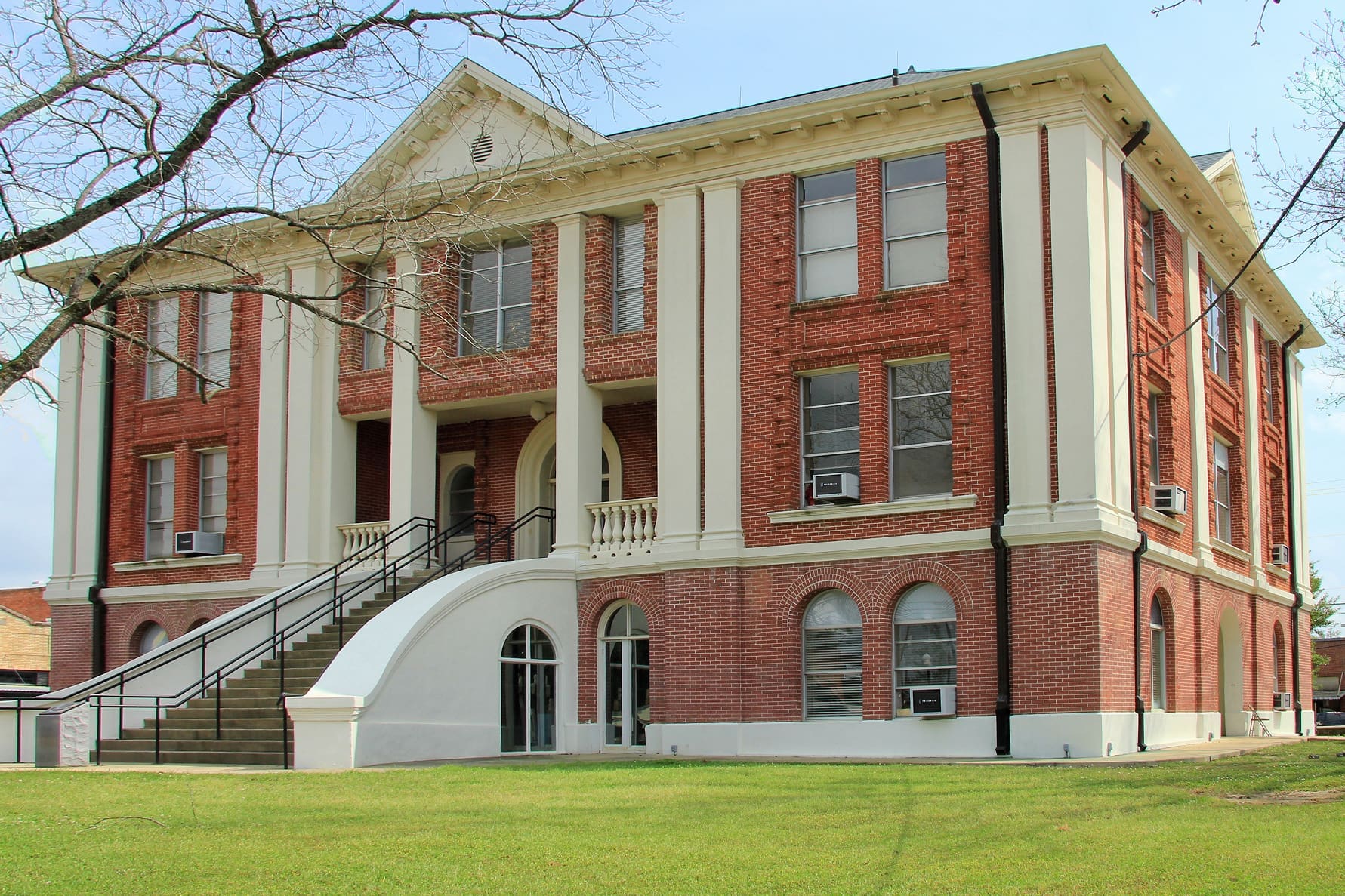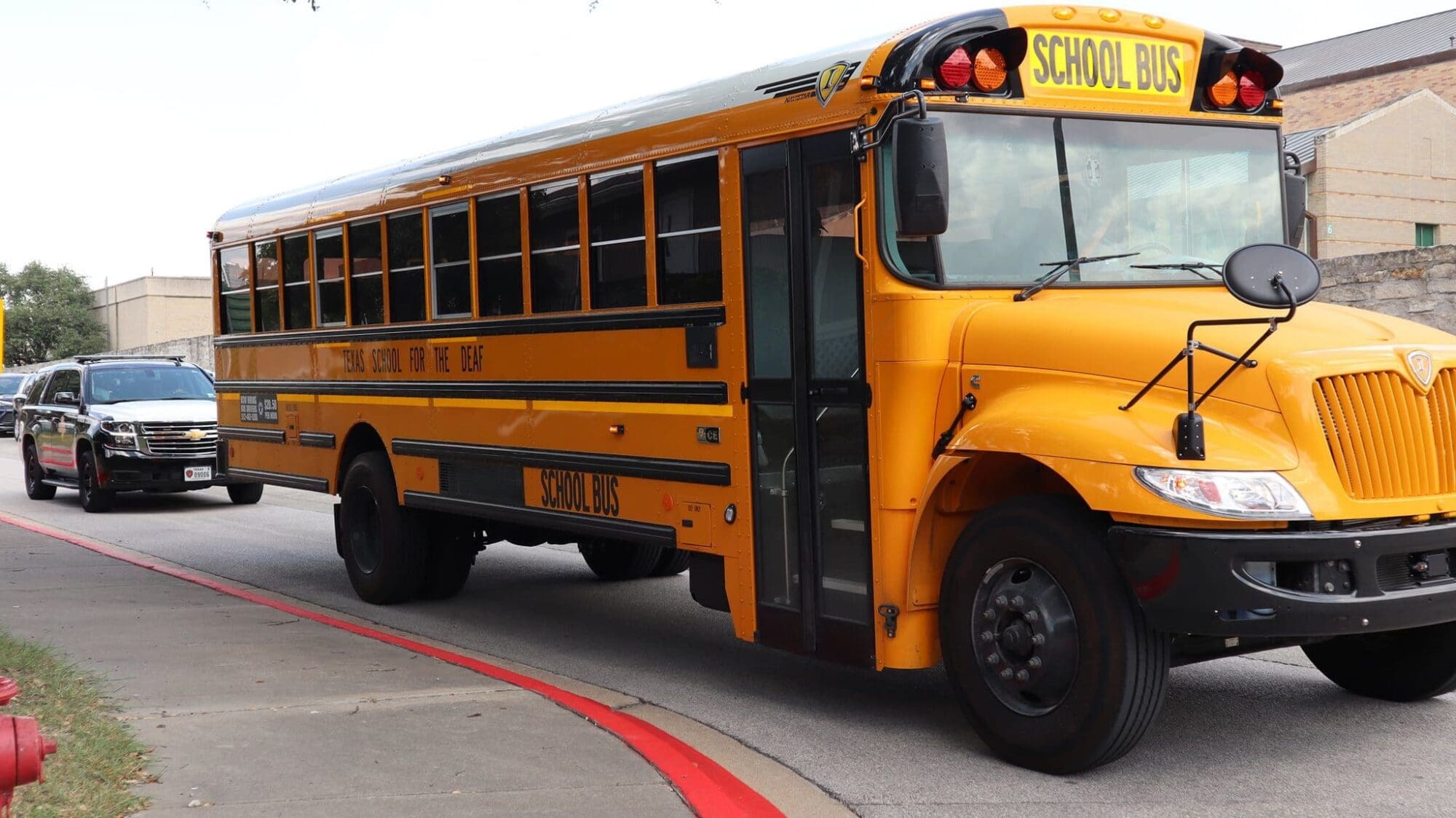The events of the last two years in Texas have thrust Chapter 418 of the Texas Government Code into the political spotlight and have certainly caused many to demand reform of controversial authorities as a result.
The lead-up to the 87th Legislative Session saw many lawmakers expressing that they felt somewhat helpless to address many of their constituents’ concerns, as they were not convened in a special legislative session by Governor Greg Abbott.
In the absence of legislative action, Abbott resorted to a litany of executive actions, including some that left local governments to enforce their own schemes.
As a result, several lawmakers promised to address these issues during the regular legislative session. But the session came and went, with very little to show in the way of reforms.
Varying Approaches Between House and Senate
From the outset of the legislative session, both legislative chambers prioritized different approaches to reforming the emergency powers of both the governor and local governments.
The Senate was generally quick to pass bills that did both. State Sen. Brian Birdwell (R–Granbury) was the author of Senate Bill 1025 and Senate Joint Resolution 45, which would have amended the Texas Government Code to make it clear that only the Legislature has the authority to suspend or make law in declared times of emergency. It would also have proposed an amendment to the Texas Constitution to allow any current legislator the ability to sue the governor in the Supreme Court of Texas at a time of a disaster if the governor fails to convene the Legislature after a qualifying disaster or emergency declaration. Both bills passed the Senate nearly unanimously on April 13 but were never granted a public hearing in the House State Affairs Committee.
State Sen. Paul Bettencourt (R–Houston) authored Senate Bill 1616, which specifically addressed overreach by local governments in times of a disaster as it relates to the Texas Disaster Act of 1975. It clarified the definition of “disaster” to explicitly exclude an epidemic or spread of a communicable disease. It went on to reduce penalties for violating any orders as civil penalties rather than criminal. It passed the Senate on May 4, passed the House Public Health Committee on May 19, and was sent to the House Calendars Committee on May 23. Unfortunately, due to a self-imposed deadline, SB 1616 could not be considered any further, as it had not been set on the last daily House Calendar by 10 p.m. on May 23.
The House was generally reluctant to bring up any of the bills seeking to actually curtail emergency powers.
State Rep. Matt Schaefer (R–Tyler) filed two bills on the subject. House Bill 2097 was aimed at ensuring that no executive order, proclamation, or regulation can require a person to wear a mask or personal protective equipment unless already in current law. House Bill 2098 sought to get rid of any penalty for not following an emergency management plan. Neither received public hearings in the House State Affairs Committee.
There were also a few bills filed in the House relating to the time allowed for the governor to operate under an emergency declaration without being forced to call the Legislature into session.
State Rep. Steve Toth (R–The Woodlands) filed a bill that would have explicitly ensured no order or proclamation issued by the governor could violate or suspend constitutional rights. It also required that no emergency or disaster declaration could continue beyond 30 days unless it was renewed or extended by the state Legislature. This bill was referred to the House State Affairs Committee on March 1 and never received a public hearing.
State Rep. Brooks Landgraf (R–Odessa) filed a bill that would have prohibited any disaster declaration from being renewed beyond 60 days if 75 percent or more of the state was affected without calling a special session. This bill was referred to the House State Affairs Committee on March 1 and never received a public hearing.
At the end of it all, the House generally only considered one of the bills related to emergency powers, and that was House Bill 3, or the Texas Pandemic Response Act, by State Rep. Dustin Burrows (R–Lubbock).
The Legislative Saga of the Texas Pandemic Response Act
As filed, the proposed Texas Pandemic Response Act had been criticized for expanding and codifying the emergency powers used by Abbott since the beginning of the coronavirus disaster declaration nearly one year ago. Rather than eliminate the ability of the governor to issue edicts during pandemics, it instead established a new section of code to issue “pandemic disasters.” Those emergency powers were largely the same as the current disaster powers Abbott used to justify his edicts and mandates over the past year, with the “force and effect of law.”
After public outcry, Burrows introduced a revised version that tweaked some of the areas of the bill that had received a large amount of negative attention. It got rid of provisions requiring businesses to follow federal CDC recommendations for eligibility in lawsuit liability protections. It changed some of the language that had originally eluded to “strengthening” the governor’s power and instead said it only intended to “clarify” those powers. It eliminated a provision that referenced the “authority of the governor to proclaim martial law” which is a power that has historically been heavily disputed. The biggest revision was the addition of the ‘Pandemic Disaster Legislative Oversight Committee. This committee would have been composed of select legislative members and not the whole legislative body. This was seemingly Burrows’ attempt to provide for accountability in executive action but also take into account any potential barrier in a pandemic setting for the entirety of the Legislature to actually convene. The revised version also added language to allow for the Legislature to terminate a disaster called by the governor; it did not, however, include the procedure by which that would actually happen if the declaration takes place when the Legislature is not already convened, thereby rendering the provision effectively useless.
The revised version was heard in the House State Affairs Committee on March 11 and was left pending for almost two months before being considered again and voted out of committee on May 4.
The bill was considered by the overall House of Representatives on May 10, and several amendments were accepted during its deliberation. One of the amendments was authored by State Rep. Cody Vasut (R–Angleton) and would have effectively precluded both the governor and local governments from mandating the wearing of masks. Notably, the amendment was originally successfully added to the bill with no debate, and the House moved on to consider additional amendments. A short time later, Burrows acknowledged his desire to reconsider the amendment, as Democrat lawmakers had complained that it was accepted without their knowledge. Vasut went on to further explain his amendment and was eventually questioned by Democrat lawmakers like State Rep. Rafael Anchia (Dallas) about the merits of such a proposal. The amendment went up for a vote and was initially passed by a vote of 71-70. A vote verification was called, and at its conclusion, the amendment had seemingly failed by a vote of 71 in favor and 72 in opposition. It turned out that seven Republican lawmakers had voted with Democrats to allow both the governor and local governments to require the wearing of masks when responding to a pandemic. Ultimately, the House rejected a proposal to ban mask mandates. The bill went on to pass the House on May 11.
When the bill was brought up for consideration in the Senate State Affairs Committee, the Senate sponsor, State Sen. Brian Birdwell (R–Granbury), effectively gutted the bill and instead substituted his previous Senate-passed SB 1025. This new version passed the committee and ultimately went on to pass the Senate on May 25. Burrows decided to appoint a conference committee to reconcile the differences between the House and Senate versions of the bill, but due to another self-imposed deadline, the bill’s prospects died as the conference committee report was not submitted in time.
So, What’s Next?
Ultimately, the Legislature did not address the overall issue of emergency powers reform.
There were successful measures that did pass, like prohibiting the closure of religious services in times of emergencies, removing provisions in the Disaster Act that allowed local governments to regulate the sale and transportation of firearms, allowing visitation at nursing home facilities by “essential caregivers,” and closing the “disaster loophole” that was exploited by local governments during the pandemic to allow property taxes to be raised to 8 percent.
Many activists have voiced their disappointment with the lack of reform during the regular legislative session, but they are hopeful the issue will be considered in the two potential special legislative sessions that Abbott has indicated would take place. However, it is unclear whether Abbott will bring up the subject at all, given that it would curtail his own disputed authorities.





